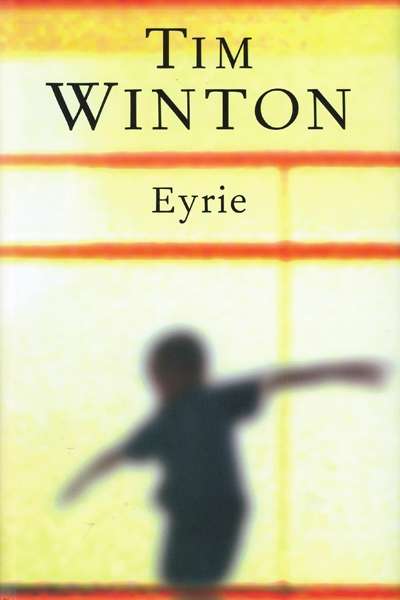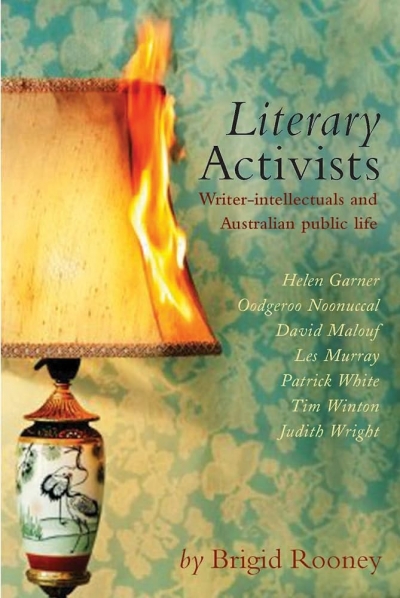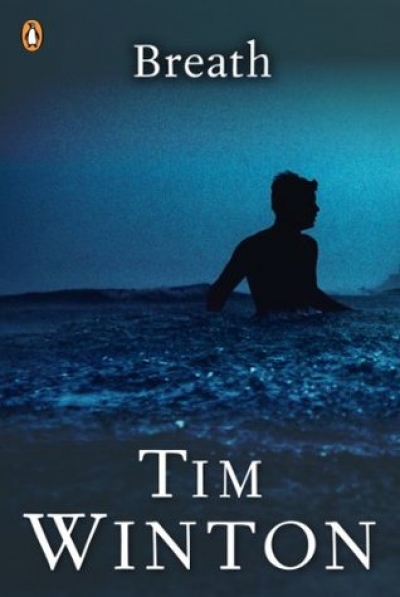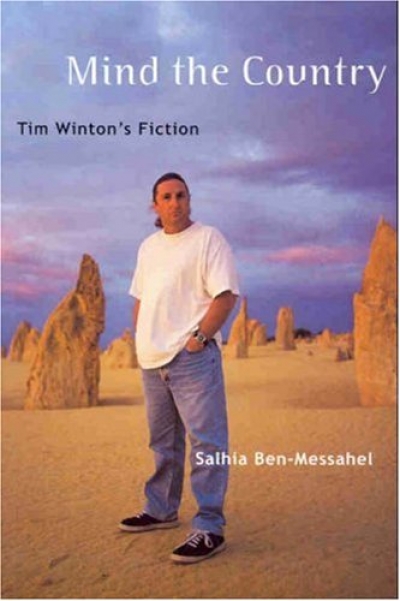Accessibility Tools
- Content scaling 100%
- Font size 100%
- Line height 100%
- Letter spacing 100%
Tim Winton
Here is a fine new Australian opera from Victorian Opera. Composer Iain Grandage and librettist Alison Croggon have taken Tim Winton’s Booker-shortlisted novel The Riders (1994) and created a highly expressive work. Marion Potts directs it on a wide but stark stage furnished only with wooden saw horses. There is a balcony and a revolve, but mostly Potts chooses to observe her anguished and introspective characters through a series of fairly static groupings.
... (read more)Tim Winton: Critical Essays edited by Lyn McCredden and Nathanael O’Reilly
I tend to reread The Sun Also Rises every year, if only to remind myself of what it was like to be eighteen or nineteen and overcome by the initial excitement, the shock, of something fresh and distinctive.
... (read more)Anthology films are expected to be uneven; in a way, the unevenness is the point. With no less than eighteen directors on board, this adaptation of Tim Winton’s short story collection The Turning (2004) resembles an epic round of the surrealist game Exquisite Corpse, in which players separately draw parts of a human figure on a sheet of paper which is then unfolded to reveal the bizarre whole.
... (read more)ON CLOUDSTREET
When we sought readers’ nominations for the ABR Favourite Australian Novel of any era or genre, we anticipated goodly interest in the poll, partly because we know you are a well-read and passionate bunch, but also because Oxford University Press and Penguin had offered us a couple of outstanding prizes to complement our three-year subscription to the magazine.
... (read more)






